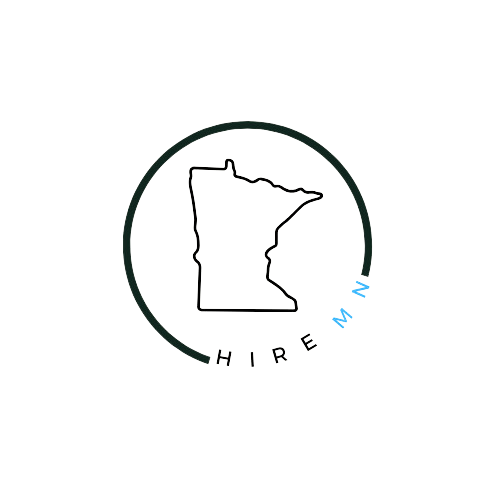
Job Searching in Minnesota: Industry-Specific Tips to Help You Find Work
Looking for a job in Minnesota? Whether you’re in healthcare, construction, education, or tech, each industry comes with its own challenges—and opportunities. Understanding how hiring works in your specific field can make a big difference in your search.
This guide focuses on industry-specific tips to help Minnesota job seekers improve their chances of landing the right role.
1. Trades & Skilled Labor
Minnesota has a strong demand for skilled tradespeople—carpenters, electricians, welders, heavy equipment operators, and more.
Tips for trades job seekers:
Get certified: Employers often look for OSHA, NCCER, or apprenticeship credentials.
Highlight reliability: Showing up matters more than ever. Include steady work history.
Mention outdoor/winter work experience: It’s a plus in Minnesota.
Apply early in the season: Construction and outdoor work starts hiring in spring.
Bonus: Check union halls and employer training programs—they often list jobs before they hit public boards.
2. Healthcare
From CNAs to RNs to mental health counselors, healthcare roles are constantly in demand across the state.
Tips for healthcare job seekers:
Keep your certifications up to date (CPR, BLS, state licensure).
Look for flexible or part-time roles—many clinics offer temp-to-perm.
If you’re new to the field, consider entry points like PCA or CNA roles with tuition support.
Highlight soft skills: Patience, communication, and reliability stand out.
Bonus: Nonprofits and rural clinics often have less competition for roles.
3. Warehouse, Manufacturing & Logistics
Minnesota’s logistics and distribution centers (especially around the Metro and St. Cloud) are hiring regularly.
Tips for logistics job seekers:
CDL-A license holders should highlight clean records and hours-of-service reliability.
Forklift and warehouse safety certifications can boost your application.
Detail shift flexibility: Overnight and weekend availability is a major advantage.
Be ready for seasonal surges (fall for shipping, spring for construction materials).
Bonus: Many companies will train and certify you on the job—show a willingness to learn.
4. Education & School Support Roles
Schools and districts across Minnesota are looking for support staff—especially substitute teachers, paraprofessionals, and bus drivers.
Tips for school job seekers:
Background checks are required—get yours ready in advance.
Highlight any work with children (sports, mentoring, tutoring, etc.).
Patience and dependability matter—include references who can vouch for both.
Some roles follow the school year calendar—great for parents or part-time seekers.
Bonus: Some districts offer signing bonuses or license reimbursement.
5. Tech & Remote Work
Minnesota has a growing tech scene, especially in the MSP area—but remote roles have opened statewide options.
Tips for tech job seekers:
Build a solid online presence with a portfolio (LinkedIn, GitHub, Behance, etc.).
Target local employers first—many offer hybrid options with local perks.
List remote work experience clearly: It signals independence and strong communication.
Stay active in online communities: Local Slack groups or dev meetups can open doors.
Bonus: Certifications (CompTIA, Google, Salesforce) are often more valuable than degrees for entry-level tech jobs.
Final Word
Job hunting in Minnesota works best when you tailor your strategy to your industry. Each field has different needs, peak seasons, and hiring habits.
By focusing on what’s relevant to your line of work—and staying consistent—you’ll put yourself in the best possible position to land your next job.
You’ve got this.

